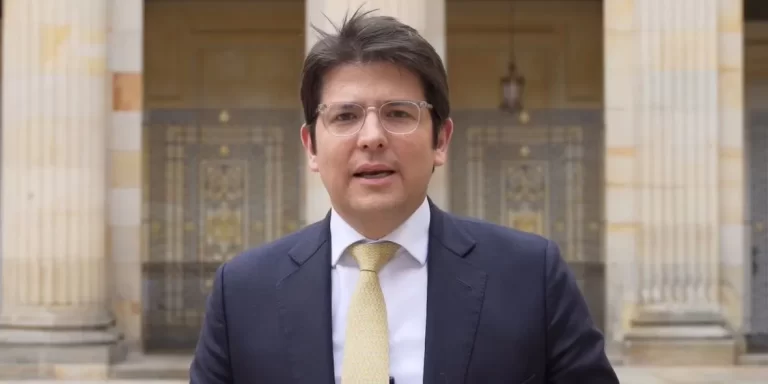[ad_1]
LONDON, Aug 22 – Britain unexpectedly posted its first budget surplus for any July since 2002, boosted by strong income tax payments, according to official data on Tuesday.
The surplus in July stood at 184 million pounds, compared with last year’s 308 million pound deficit, the Office for National Statistics said, citing figures that exclude state-controlled banks.
The figures were boosted by a 10.6 percent year-on-year rise in self-assessed income tax receipts in July, a month that often sees a spike in these returns.
Historically, July has been a strong month for corporation tax receipts too, although these fell slightly compared with a year ago.
This reflected new methodology introduced in the current financial year that smooths out corporation tax revenues over the year.
The figures also showed the cost of higher inflation on the public finances. Debt interest payments totalled 4.9 billion pounds in July, up 18 percent on a year ago.
Britain’s government has spent 21.6 billion pounds on debt interest in the first four months of 2017/18 financial year, up 23.1 percent on the same period in 2016/17.
Britain has been struggling to fix its public finances since the budget deficit surged to around 10 percent of gross domestic product in 2010 after the global financial crisis.
Since then it has been cut steadily to 2.3 percent of GDP in the 2016/17 financial year which ended in March, its smallest since before the global financial crisis.
But the deficit is expected to widen again to 2.9 percent of GDP this year when Hammond will have fewer one-off factors to help him than last year.
Hammond has not committed to balance the budget until the middle of the next decade, giving him some flexibility to slow the current pace of deficit reduction if needed to support the economy as the country leaves the European Union.
Reporting by Andy Bruce and Paul Sandle
[ad_2]
Source link






Leave a Reply